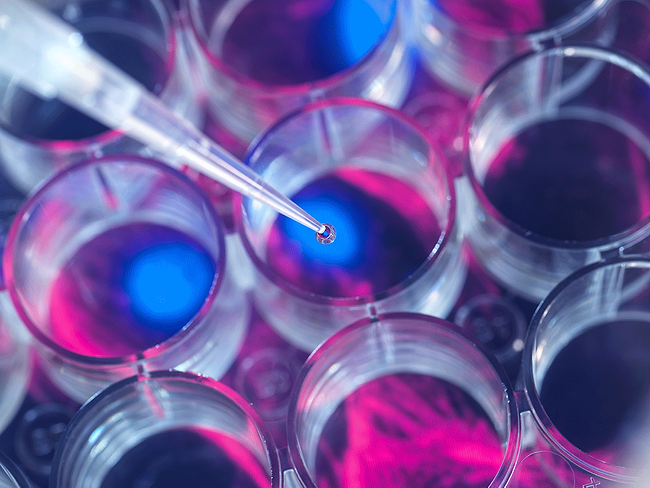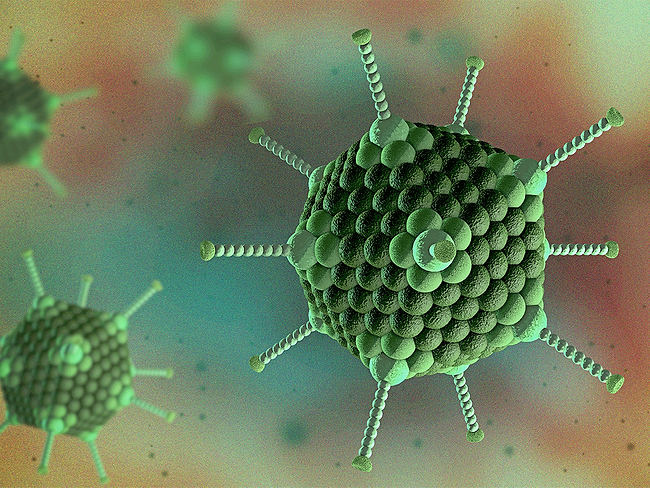
- BioWorld
- BioWorld MedTech
- BioWorld Asia
- BioWorld Science
- Data Snapshots
- Special reports
- Infographics: Dynamic digital data analysis
- Trump administration impacts
- Biopharma M&A scorecard
- BioWorld 2024 review
- BioWorld MedTech 2024 review
- BioWorld Science 2024 review
- Women's health
- China's GLP-1 landscape
- PFA re-energizes afib market
- China CAR T
- Alzheimer's disease
- Israel
- Rise of obesity
- Radiopharmaceuticals
- Biosimilars
- Aging
- IVDs on the rise
- Coronavirus
- Artificial intelligence
ARTICLES
Respiratory
Generate:Biomedicines signs up Novartis to $1B+ multitarget deal
Sep. 27, 2024
By Brian Orelli
Immuno-oncology
Vironexis exits stealth with 10+ AAV-delivered immuno-oncology candidates
Sep. 13, 2024
By Brian Orelli
Newco news
Vironexis exits stealth with 10+ AAV-delivered immuno-oncology candidates
Sep. 12, 2024
By Brian Orelli
Immune
Candid launches with bispecific antibodies and $370M in hand
Sep. 10, 2024
By Brian Orelli
Newco news
Candid launches with bispecific antibodies and $370M in hand
Sep. 9, 2024
By Brian Orelli
- BioWorld
- BioWorld MedTech
- BioWorld Asia
- BioWorld Science
- Data Snapshots
- Special reports
- Infographics: Dynamic digital data analysis
- Trump administration impacts
- Biopharma M&A scorecard
- BioWorld 2024 review
- BioWorld MedTech 2024 review
- BioWorld Science 2024 review
- Women's health
- China's GLP-1 landscape
- PFA re-energizes afib market
- China CAR T
- Alzheimer's disease
- Israel
- Rise of obesity
- Radiopharmaceuticals
- Biosimilars
- Aging
- IVDs on the rise
- Coronavirus
- Artificial intelligence




